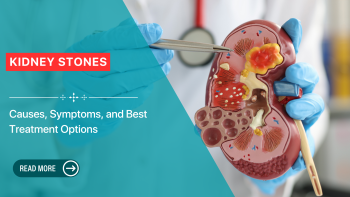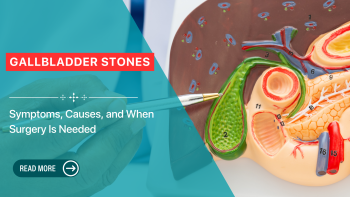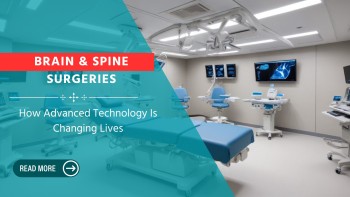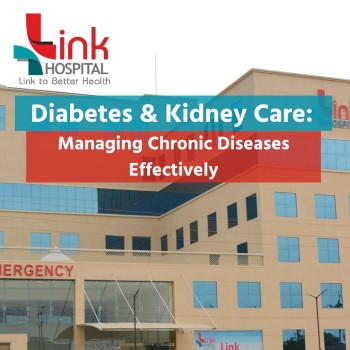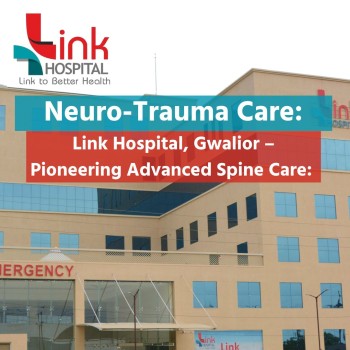Lower back pain is a common
ailment that can significantly impact one's quality of life. While occasional
discomfort is normal, persistent or constant lower back pain warrants
attention, as it may indicate an underlying medical issue. Knowing when to seek
medical help for continuous lower back pain is crucial for proper diagnosis and
effective treatment. In this blog, we'll explore the causes of continuous lower
back pain and guide when to consult a healthcare professional.
Understanding
Constant Lower Back Pain
Constant lower back pain
refers to persistent discomfort or aching sensations in the lumbar region that
lasts for weeks or months. This type of pain can vary in intensity, ranging
from mild to severe, and may be accompanied by other symptoms such as stiffness,
numbness, tingling, or weakness in the back or legs.
Common Causes of Constant
Lower Back Pain
Muscle Strain: Overexertion, improper lifting
techniques, or sudden movements can strain the muscles and ligaments in the
lower back, leading to persistent pain.
Herniated Disc: When the soft inner core of a
spinal disc protrudes through the tough outer layer, it can compress nearby
nerves, causing chronic back pain.
Degenerative Conditions: Conditions like
osteoarthritis, spinal stenosis, or degenerative disc disease can cause ongoing
back pain due to wear and tear on the spine.
Sciatica: Compression or irritation of the sciatic nerve, which
runs from the lower back down the legs, can result in persistent lower back and
leg pain.
Structural Issues: Scoliosis, vertebral
fractures, or other structural abnormalities in the spine can contribute to
chronic back discomfort.
Symptoms
and Impact on Daily Life
Apart from the pain itself, constant lower back pain can
lead to various symptoms and significantly impact daily activities:
● Reduced Range of Motion: Constant lower back pain can
limit your ability to bend, twist, or perform activities requiring flexibility.
● Muscle Weakness: Prolonged pain may lead to
muscle atrophy or weakness in the lower back and legs.
● Work Productivity: Persistent pain can affect
work productivity and concentration, leading to absenteeism or reduced
performance.
● Social Interactions: The emotional toll of chronic
pain can impact social interactions, causing withdrawal or isolation.
● Sleep Quality: Discomfort may disrupt sleep
patterns, contributing to fatigue and mood disturbances.
Treatment Approaches and
Innovations at Link Hospital
In addition to traditional treatments, advancements in
medical technology offer innovative approaches for managing constant lower back
pain:
● Regenerative Therapies: Stem cell therapy or
platelet-rich plasma (PRP) injections promote tissue repair and reduce
inflammation.
● Minimally Invasive Procedures: Techniques like
radiofrequency ablation or spinal cord stimulation provide targeted pain relief
with less recovery time.
● Biomechanical Interventions: Custom orthotics or braces
support spinal alignment and reduce strain on the lower back.
● Mind-Body Techniques: Yoga, mindfulness
meditation, or cognitive-behavioural therapy can complement traditional
treatments by addressing the psychological aspects of pain management.
Prevention Strategies
Preventing constant lower back pain involves proactive
measures to maintain spinal health and prevent injuries:
● Ergonomic Workstations: Proper desk setup, chair
ergonomics, and regular breaks can prevent strain on the lower back during
prolonged sitting.
● Safe Lifting Techniques: Using correct lifting
techniques and avoiding heavy lifting without assistance can prevent muscle
strain and disc injuries.
● Regular Exercise: Incorporating
core-strengthening exercises, such as planks, bridges, and pelvic tilts, can
improve spinal stability and reduce pain.
● Healthy Lifestyle: Maintaining a balanced diet,
staying hydrated, and avoiding smoking can support overall musculoskeletal
health and reduce inflammation.
When to Seek Medical Help
While some instances of lower
back pain may resolve with rest, gentle stretches, and over-the-counter pain
relievers, constant or worsening pain should prompt a visit to a healthcare
professional. Here are key indicators that it's time to seek medical assistance:
1. Duration of Pain
If your lower back pain
persists for more than a few weeks despite conservative measures, such as rest
and home remedies, it's advisable to consult a doctor. Chronic pain may signal
an underlying condition that requires medical intervention.
2. Severity of Symptoms
Intense, unrelenting pain
that interferes with daily activities, such as walking, sitting, or sleeping,
warrants medical attention. Additionally, if the pain radiates to your legs, is
accompanied by weakness or numbness, or is accompanied by bladder or bowel
changes, seek immediate medical help.
3. Impact on Daily Life
Constant lower back pain that
significantly impairs your ability to work, exercise, or enjoy daily life
should not be ignored. Addressing the pain early can prevent further
complications and improve your overall well-being.
4. Previous Medical History
Suppose you have a history of
spinal conditions, injuries, or chronic pain syndromes. In that case, it's
important to monitor any changes in your lower back pain and seek medical
advice promptly if there's a persistent issue.
Consultation
and Treatment
When you visit a healthcare provider for constant lower
back pain, they will conduct a thorough examination, review your medical
history, and may order diagnostic tests such as X-rays, MRI scans, or blood
tests to identify the underlying cause. Treatment options may include:
● Physical therapy to
strengthen muscles and improve flexibility.
● Medications such as
nonsteroidal anti-inflammatory drugs (NSAIDs), muscle relaxants, or pain
relievers.
● Injections of corticosteroids
or nerve blocks to alleviate pain and inflammation.
● Surgical interventions in
cases of severe disc herniation, spinal instability, or structural
abnormalities.
Conclusion
Constant lower back pain can significantly impact your daily life and may indicate an underlying medical condition. Knowing when to seek medical help is crucial for proper diagnosis and treatment. At Link Hospital, we specialize in diagnosing and treating a wide range of spinal conditions, providing personalized care to help you manage and alleviate your lower back pain effectively. Don't let constant pain hold you back—schedule a consultation with our experienced healthcare professionals for the best medical treatment and holistic approach to spinal health.

